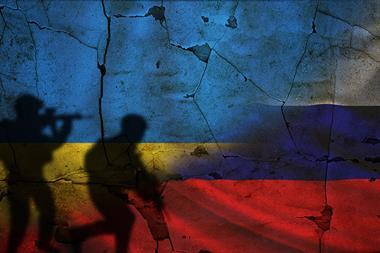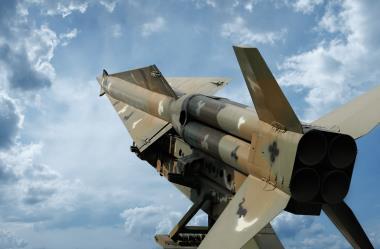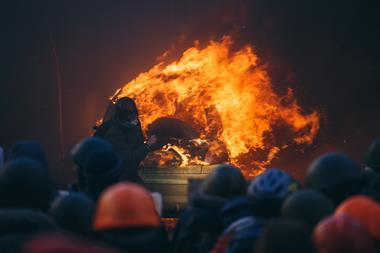When will some of the world’s more troubled regions be able to welcome back investors?
1. Syria
Unrest in Syria continues to plague global political risk agendas throughout the year, with the crisis worsening significantly in the second half of 2013. According to Maplecroft’s 2013 Conflict Intensity Index, death tolls continue to rise as ongoing violent clashes escalate between pro-democracy protestors and forces loyal to President Bashar al-Assad. Western governments are attempting to negotiate Geneva peace talks. However, the Syrian coalition’s failure to come up with a clear stance, as well as differences between Washington and Moscow, make delays likely to continue through to 2014.
2. Iraq
The civilian aid crisis in Iraq looks set to continue beyond 2014 exacerbated by the influx of thousands of refugees fleeing the crisis in neighbouring Syria. Kurdish parliamentary elections held in September have altered the political landscape. “Although President Massoud Barzani’s Kurdistan Democratic Party achieved the largest share of the vote, the collapse in support for the party’s former partner in government – the Patriotic Union of Kurdistan – raises serious doubts over the sustainability of a governing coalition along these lines,” say Maplecroft analysts. Suicide bombings continue to be the main threat to civilians, armed forces and businesses, with at least two attacks per week according to UN officials.
3. Afghanistan
Although Western Forces continue to withdraw military forces, there are increasing civilian deaths and violent protests with clashes between Afghan President Hamid Karzai and the Taliban continuing to decrease stability. Despite calls for entrepreneurs to return to the region from the Afghanistan government and foreign governments, many businesses are still struggling to find a foothold in the region. A chronic lack of safe factory sites, an unstable government, a disaffected workforce and a lack of natural market is a risk many Western business leaders are refusing to engage with.
4. Democratic Republic of Congo
The DR Congo is not plagued by the severity of the civilian wars of its neighbours in North Africa and the Middle East, but ethnic conflict and political violence is marring business potential and is set to continue in 2014. Vast mineral deposits and robust growth generate significant opportunities for investors, say analysts, but it remains a high-risk environment for businesses. According to Maplecroft, “there have been no signs of improvement in the security situation in the province over the past six months. Extreme operational challenges were also illustrated by power blackouts in September 2013 in Katanga, which caused mining companies to lower production levels”.
5. Burma
Political reforms in Burma over the past two years, combined with softening international sanctions on the government, have improved conditions in the country according to some analysts. The lifting of international government sanctions and increasing overtures of economic co-operation is making it easier for businesses and investors to operate in the region. But analysts warn that the newness of the stability also makes it likely tensions could easily flare again and investment opportunities lost.




















No comments yet